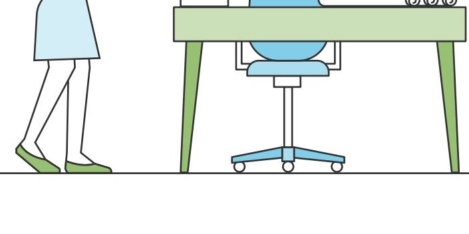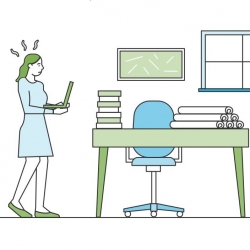To provide the best experiences, we use technologies like cookies to store and/or access device information. Consenting to these technologies will allow us to process data such as browsing behaviour or unique IDs on this site. Not consenting or withdrawing consent, may adversely affect certain features and functions.
The technical storage or access is strictly necessary for the legitimate purpose of enabling the use of a specific service explicitly requested by the subscriber or user, or for the sole purpose of carrying out the transmission of a communication over an electronic communications network.
The technical storage or access is necessary for the legitimate purpose of storing preferences that are not requested by the subscriber or user.
The technical storage or access that is used exclusively for statistical purposes.
The technical storage or access that is used exclusively for anonymous statistical purposes. Without a subpoena, voluntary compliance on the part of your Internet Service Provider, or additional records from a third party, information stored or retrieved for this purpose alone cannot usually be used to identify you.
The technical storage or access is required to create user profiles to send advertising, or to track the user on a website or across several websites for similar marketing purposes.
 The Covid lockdowns have left a lasting impact on our mental wellbeing, according to recent polling and an academic study. Events company Hyve Group has partnered with Barbara Sahakian, Professor of Clinical Neuropsychology at the University of Cambridge, to uncover the ways in which the pandemic has transformed our brains and how it has impacted our working lives. The study claims to highlight the significance of in-person professional social interactions and their essential role in rebuilding lost connections. (more…)
The Covid lockdowns have left a lasting impact on our mental wellbeing, according to recent polling and an academic study. Events company Hyve Group has partnered with Barbara Sahakian, Professor of Clinical Neuropsychology at the University of Cambridge, to uncover the ways in which the pandemic has transformed our brains and how it has impacted our working lives. The study claims to highlight the significance of in-person professional social interactions and their essential role in rebuilding lost connections. (more…)


































June 8, 2023
What are the main issues that stop people embracing change?
by Jennifer Bryan • Comment, JB, Workplace